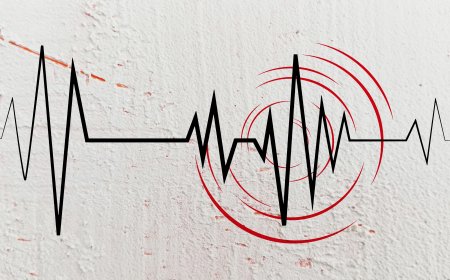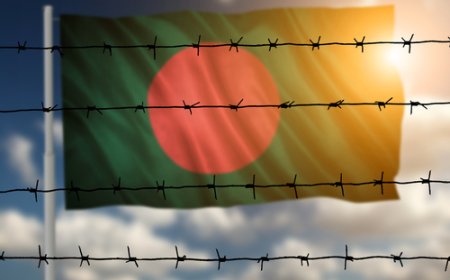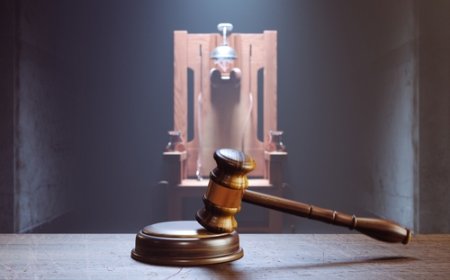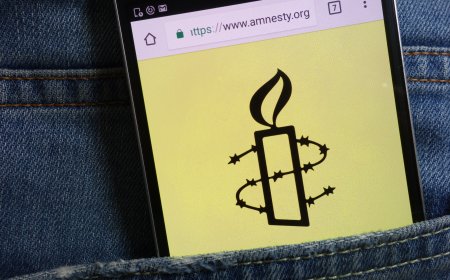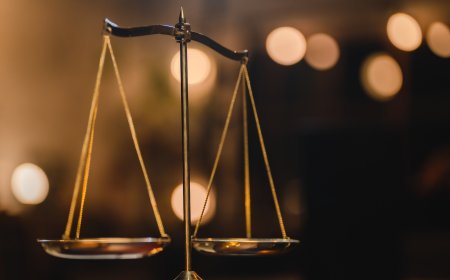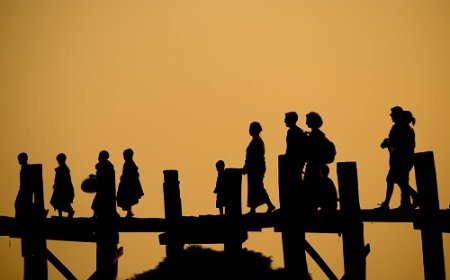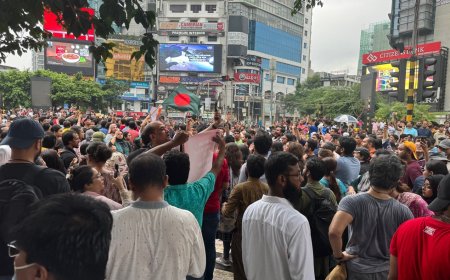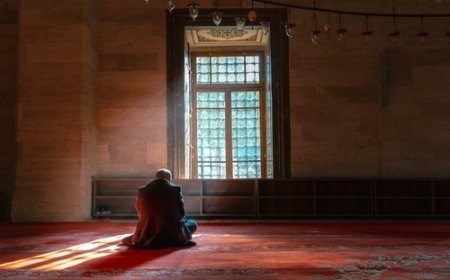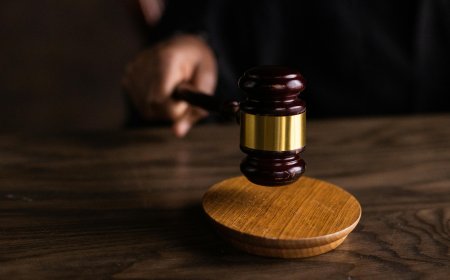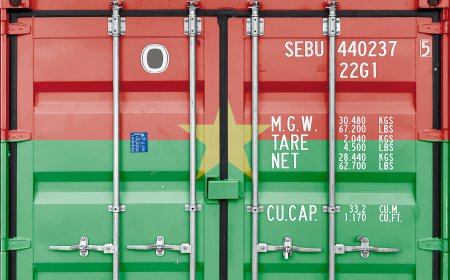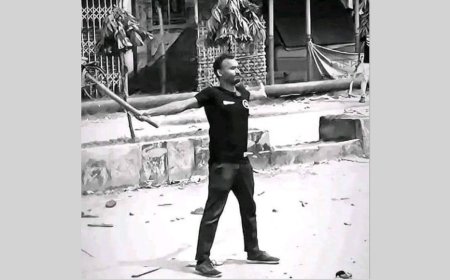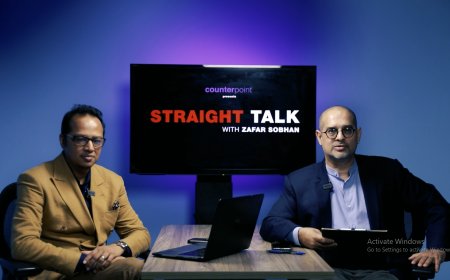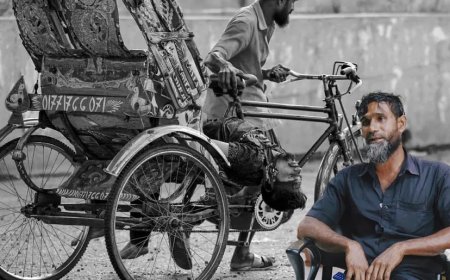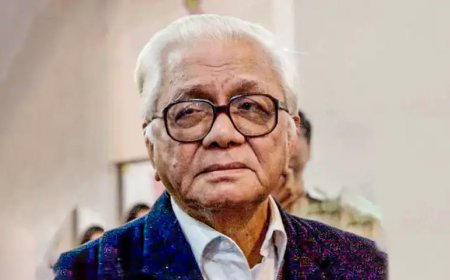EDITORIAL: The Mills of God
If anyone is in a position to claim that they have not received a full measure of justice, it is the victims and their families, and not the fugitive from Bangladeshi law contemptuously evading justice from her safe house in New Delhi.
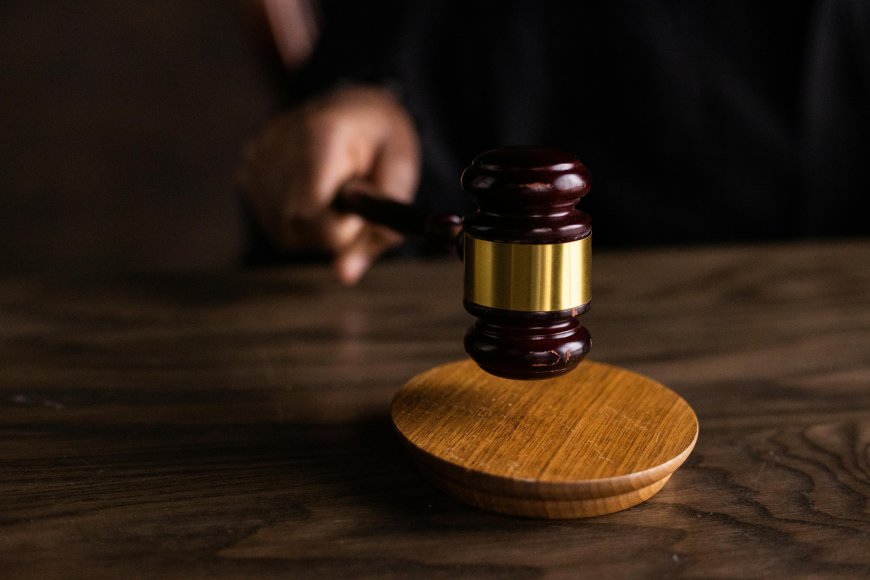
Let us call a spade a spade. In the current political climate, there was zero chance that the ICT would not award capital punishment to Sheikh Hasina for her command responsibility for the killings committed by law enforcement during the July Uprising.
Does that therefore mean that the process was a sham and that she was unjustly convicted and sentenced? Not so fast.
The situation is a little more complicated than that, and to fully appreciate the implications we need to step back and take a panoramic view not just of this one case but also of the state of the judiciary in Bangladesh.
The unfortunate truth is that the judicial apparatus in Bangladesh is and always has been unfit for purpose.
Whether anyone can receive a fair trial in Bangladeshi courts is doubtful and just about any judicial proceeding is open to reasonable question.
But at the same time, we must have justice and we cannot let defendants exploit loopholes and deficiencies in the system to evade justice for their crimes.
The first thing to note about Sheikh Hasina’s conviction is that it did not and will not lead to her execution.
It should be noted that under her command, the ICT not only convicted but executed a number of her political opponents in cases far shoddier than the one brought against her.
In this sense, her complaints of not receiving a fair trial meet with little sympathy here.
If the standard is the justice she meted out when she was in power, she has nothing to complain about.
It should be further noted that while the defence she received was inadequate, the evidence produced in her trial was in point of fact far more comprehensive and persuasive than the evidence which led to actual executions of her enemies under the ICT when she was in power.
The trial against Sheikh Hasina -- as was the case in the trials she held for her own enemies in the ICT -- raises the thorny issue of how to view trials of those who are almost certainly guilty of what they are charged with, but for whom the trial process remains questionable.
Does inadequacy and insufficiency of process necessarily translate into a miscarriage of justice? In the current case, I think it is hard to make that assessment.
The process was rife with imperfections, but at the end of the day the victims of Hasina’s brutality and their families have received a measure of justice -- many would argue a very small measure that is in no way commensurate to the evil that she has inflicted on them -- and the perpetrator will almost certainly continue to remain abroad, for all intents and purposes unpunished, and by all accounts unrepentant.
Was justice done? This is often a harder question to answer than one might think, but I would urge all commentators to cut through the noise and the legal theory and the political philosophy and ask themselves this one question.
The answer, it seems to us, is that if anyone is in a position to claim that they have not received a full measure of justice, it is the victims and their families, and not the fugitive from Bangladeshi law contemptuously evading justice from her safe house in New Delhi.
What's Your Reaction?







